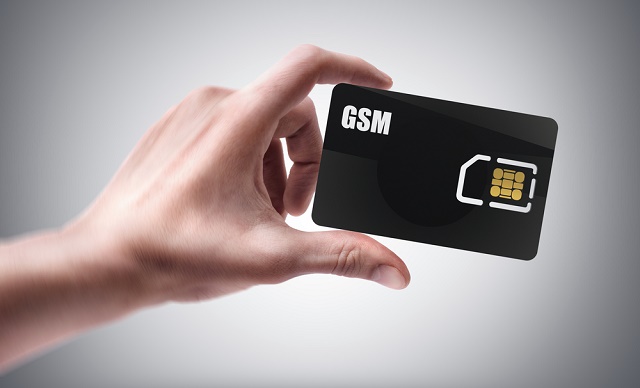One of the worse experiences you could have as a businessman or traveling frequently is getting to another country only to discover your phone doesn’t work in that country. Normally we would expect cellphones to work anywhere we go in the world, but that’s not the case. The probability that your mobile phone will function someplace else, especially a different country is very much dependent on your phone’s network properties, capacities, and the service providers available in that region.
As for your phone’s network property, this speculates on the event of your mobile phone network type being ‘SIM-locked’ or ‘unlocked’. If it’s SIM locked, it means that it can only work with your current network provider. Some cellphones are made to operate with only one network provider but usually, these are mobiles made by the very same network, either for official agents or commercial purposes.

You will also find out that changing your sim card to an acquired native sim card of the country you’re visiting, gives you an ‘invalid sim’ response. A reason for this is that mobile network frequency ranges vary from country to country.
To save yourself the trouble of getting there only to find yourself cut off (which could not only be dangerous in emergency situations but also frustrating), it is advised that you check and compare your mobile phone’s frequency with that of your designated country using http://www.frequencycheck.com/countries
On service providers, not all countries have certain network providers. And although some service providers have an international agreement, their service modes differ; from varying call rates to high roaming charges. You may not even be able to send or receive international text messages in some countries.
How do you know if your phone is SIM-locked or unlocked?
Knowing if your phone, as discussed in our first analogy, is SIM-locked or unlocked is really easy to do. Here are some suggestions;
- Ask your present network provider: Now every network provider has customer care or support department. So you simply just have to call them up, explain that you would like to use your mobile phone abroad and would like to know if your mobile phone is SIM-locked or unlocked.
- Trying another SIM: Now rather than go through all the stress of doing the above, if you have in your custody a sim-card of another network provider, you could simply just try it on your phone. If it recognizes the network operator its SIM-unlocked, else if it doesn’t, it is SIM-locked.
- Checking your IMEI: should the above features for some unlikely reason be unavailable or non-preferable to you, you could use the dial code “*#06#” to display your phones IMEI or simply use one of the numerous mobile phone IMEI checking sites. This number is unique to all phones. Once you have determined this, then use http://www.imei.info/ to acquire your mobile phone’s manufacturing details. Keep in mind that some network operators decide to network-lock their phones when purchased with a cell plan.
Understanding Bands and frequencies
Your mobile phone bands and frequencies are important factors in determining if your mobile phone will work with another network operator or even network types (2G, 3G, or 4G networks).
GSM vs CDMA
The GSM and CDMA are the two major networks that are used in our modern-day cell phones. The GSM represents ‘Global Systems for Mobiles’ and the CDMA represents ‘Code Division Multiple Access’. We find in general that the GSM network is more common and preferred around the world to the CDMA (with an exception of the United States where both networks are used).

This is because consumers love the fact that all of their cellular data can be carried on a single removable GSM SIM card. All they really need to do to change their mobile phones is to insert their SIM into their new phone and all their data is made available to them. This has given consumers quite the freedom to easily switch between GSM mobiles.
On the CDMA network, consumer data is carried on a whitelist, and only registered and approved phone lines are allowed onto their network database, taking the idea of switching phones out of the question.
Hopefully, this article will answer the question “Is my phone working when traveling?”. It’s pretty easy to find out if your phone does indeed work in your destination country, you just need to plan ahead and find the information you need before arriving there.














